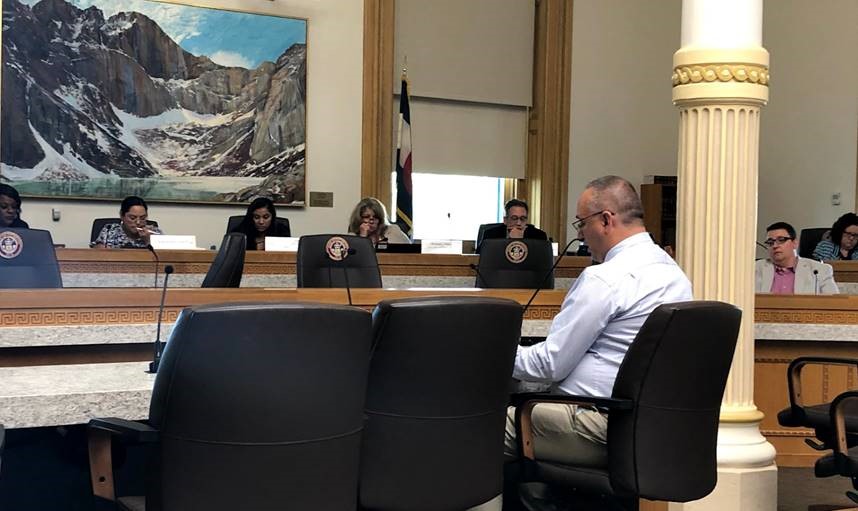In light of a recent Denver City Council vote to stop contracting with for-profit prison and community corrections operators, a 23-year veteran of the Colorado Department of Corrections (DOC) testified on Monday in front of a legislative committee about retention and staffing problems already challenging the department.
“Correctional facilities across Colorado are understaffed, which means there are fewer case workers, mental health employees, teachers, and officers to administer programs and work with offenders,” said Eric Olsen, a sergeant with DOC and a member of state employee union Colorado WINS. “This makes employees tired and overworked, which in turn makes our work environment more dangerous.”

Olsen asked the committee to lean on DOC employees as a resource and to establish a strong partnership among the workers, the legislature, and the Department.
“We need to find a way for the city and the state to work together with input from DOC frontline staff, who will be tasked with carrying out any plans this committee passes,” Olsen said. “I ask that as you formulate a plan that allows for the government to operate community corrections, you include current Corrections employees in your discussions. DOC workers need a strong partnership with our Department, but we also need a strong partnership with our legislators.”
In a statement, Colorado WINS Executive Director Hilary Glasgow stressed the importance of addressing DOC staffing issues through a collaborative process with direct input from state employees.
“It is absolutely critical that in tandem with any program reform, the state directly addresses the staffing crisis we are facing,” Glasgow said “Frontline employee input in any departmental policy change is crucial to ensure a well-intentioned policy can be faithfully executed, but state workers don’t feel respected or viewed as a valuable source. “
The Prison Population Management Interim Study Committee focused on various aspects of what drives recidivism and included state legislators, district attorneys, criminal justice reform advocates, and state officials.

